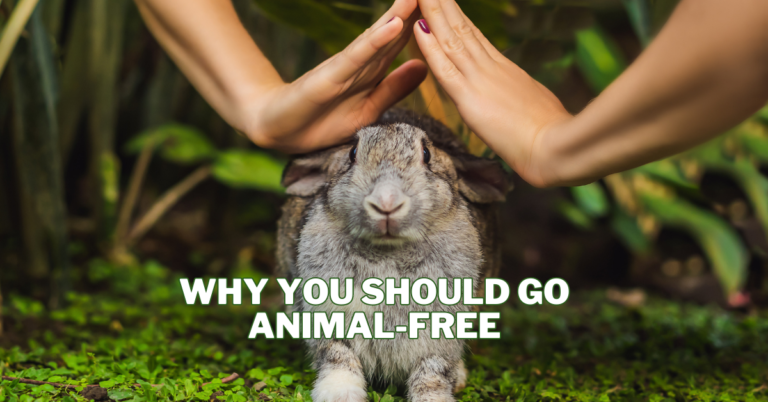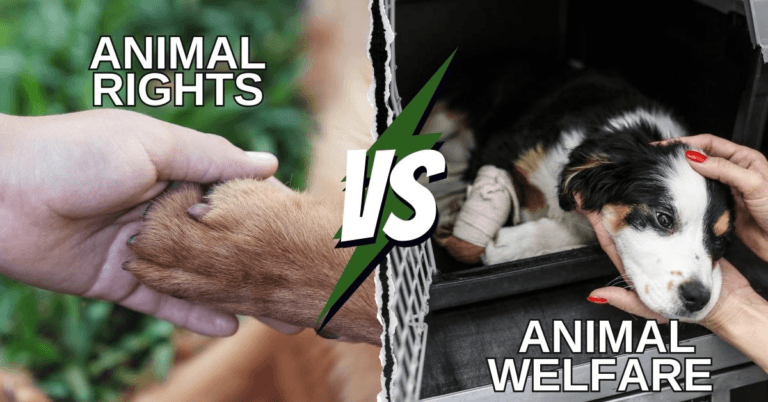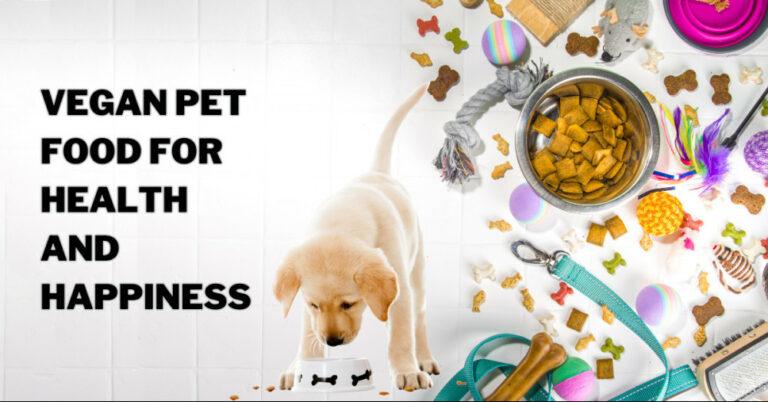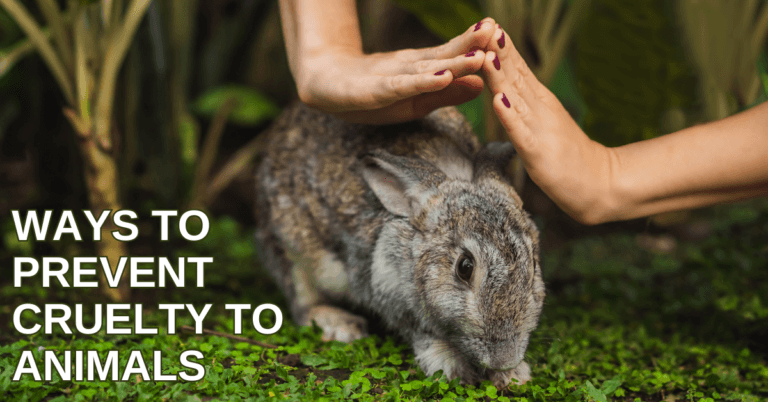Best Ways To Save Animal Lives
Best Ways To Save Animal Lives
There are more than 7 billion people on Earth. What if we made a little daily commitment to protecting animals?
Even the smallest actions can make a tremendous difference when working together.
Every year, more than 20,000,000 cats and dogs end up in shelters nationwide. Of these, more than 15,000,000 are put to death.
Around the world, countless compassionate people and organizations work to save animals from cruelty, neglect, and extinction. These are the greatest methods for preserving animal life.

Why Do We Need To Protect Wildlife?
While there are many natural wonders around the globe, coexisting with animal species is essential to their existence.
These days, most people think there are a lot of wild animals on the earth.
Data, however, indicates that many of them are going extinct daily. Consequently, many motivations exist to conserve animals, some of which are listed below.
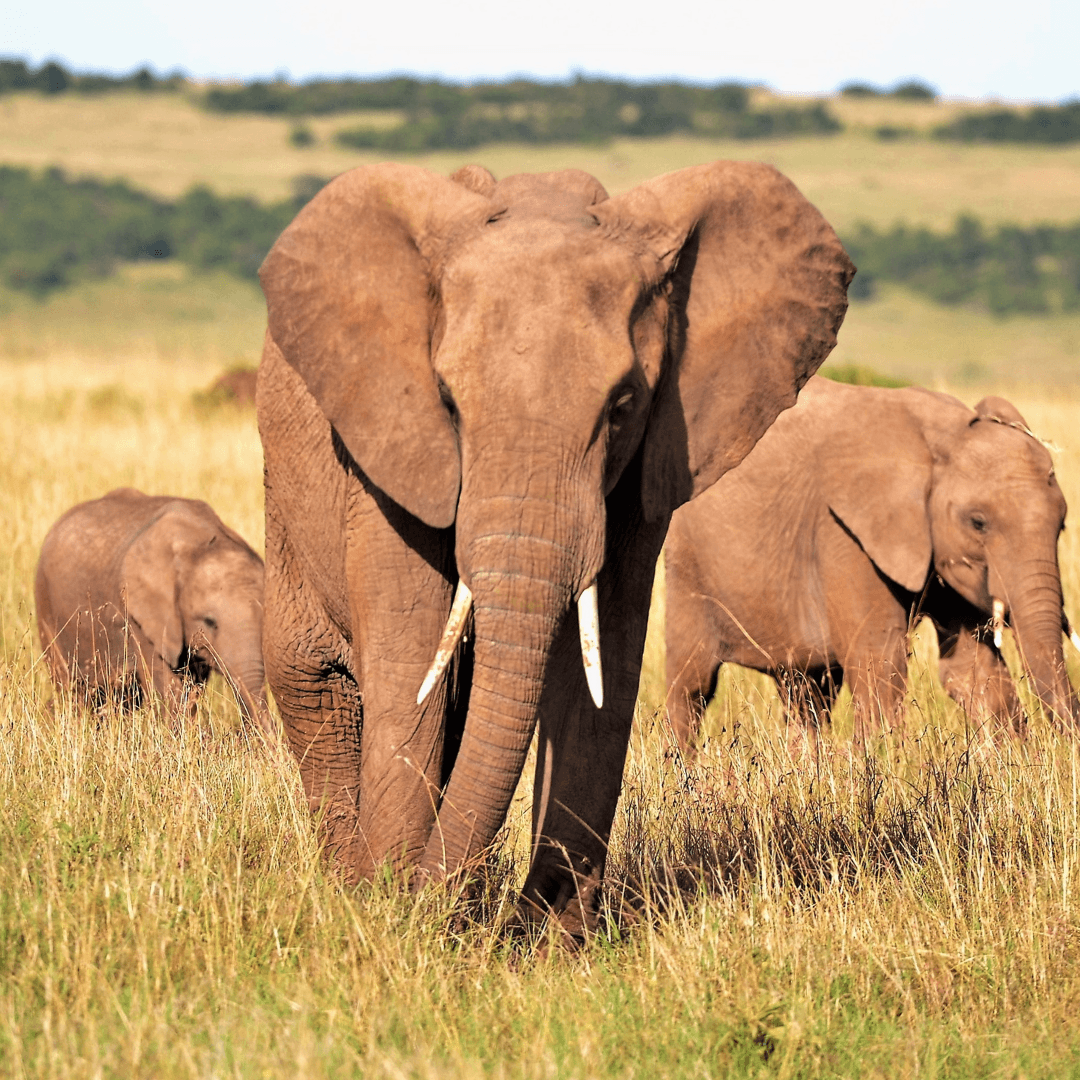
1. Protecting Wildlife Is Good For The Environment
Preserving wildlife is a necessary part of environmental protection. The more wild animals there are, the more prosperous our planet will be.
Animals must, therefore, be allowed to reside in their natural environments. Because it will help people, we must preserve their natural environments.
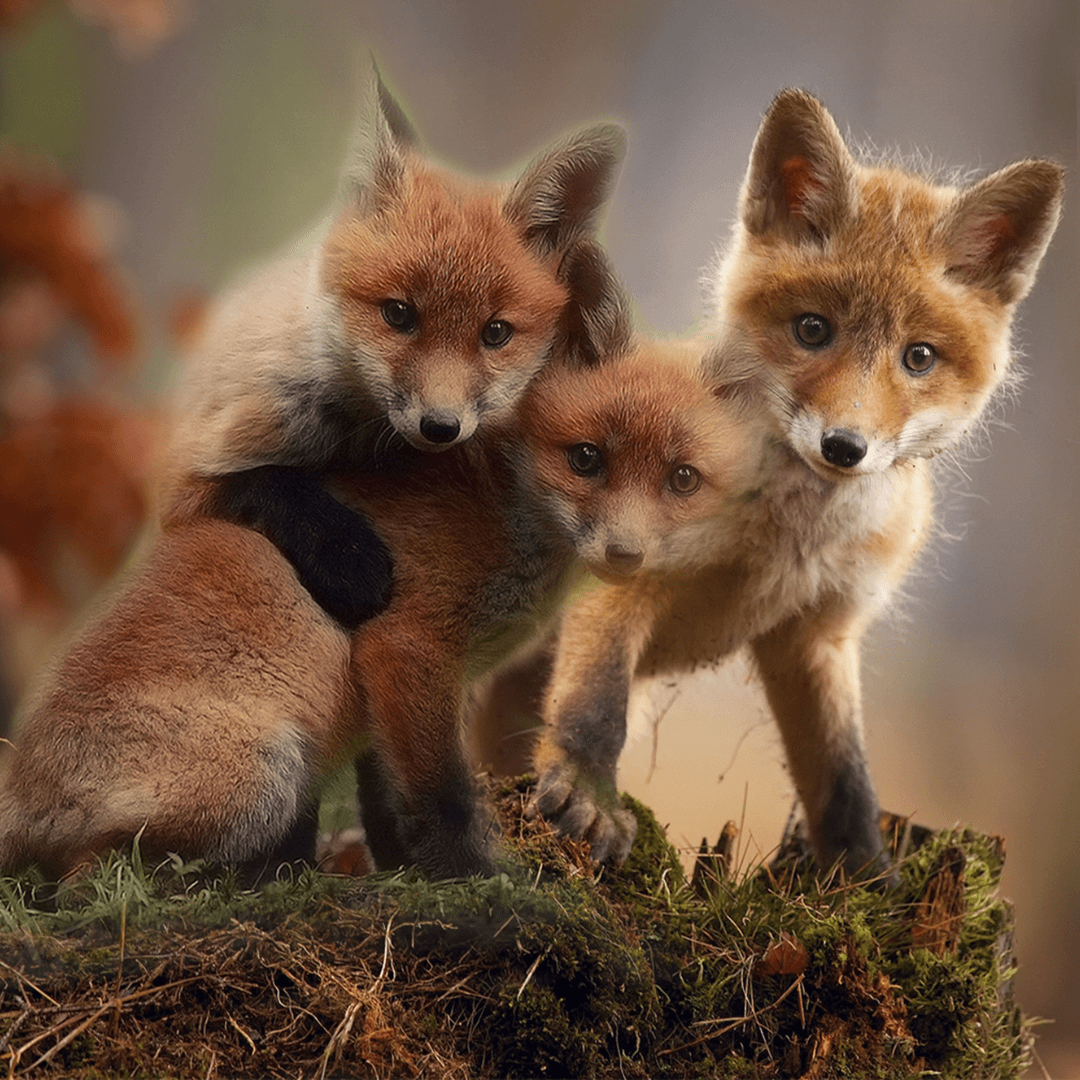
2. Wild Animals Provide Benefits To Humans
We may learn a lot from wild animals. These organisms produce substances that may one day be used to make pharmaceuticals. Drugs treat a wide range of conditions, such as heart issues, illnesses, and others.
Compounded from chemicals, especially those found in marine environments, more than 25% of prescription drugs are made of, according to recent research conducted by the US Fish and Wildlife Service. An essay about preserving endangered species can be found at the National Wildlife Federation.
3. Encourage Biodiversity To Save Animal Lives
The environment on Earth is healthy. If animals go extinct, our biosphere will lose its delicate equilibrium.
A decline in one mammal could lead to an increase or decrease in the population of another. We preserve our biodiversity so that other species can continue to exist.
4. Wildlife Benefits Farming And Agriculture
The human population depends on plants not just for their food but also for the gases they produce. Plant viability depends on pollination, which some animals provide.
Pollination by bees, insects, animals, and birds is necessary for growing plants. If wild animals are not protected, pollination might not be possible in the future, restricting future food and medicine supplies for humanity.
These untamed animals are a gift from Mother Nature. They need to be protected from the consequences of climate change and given proper care.
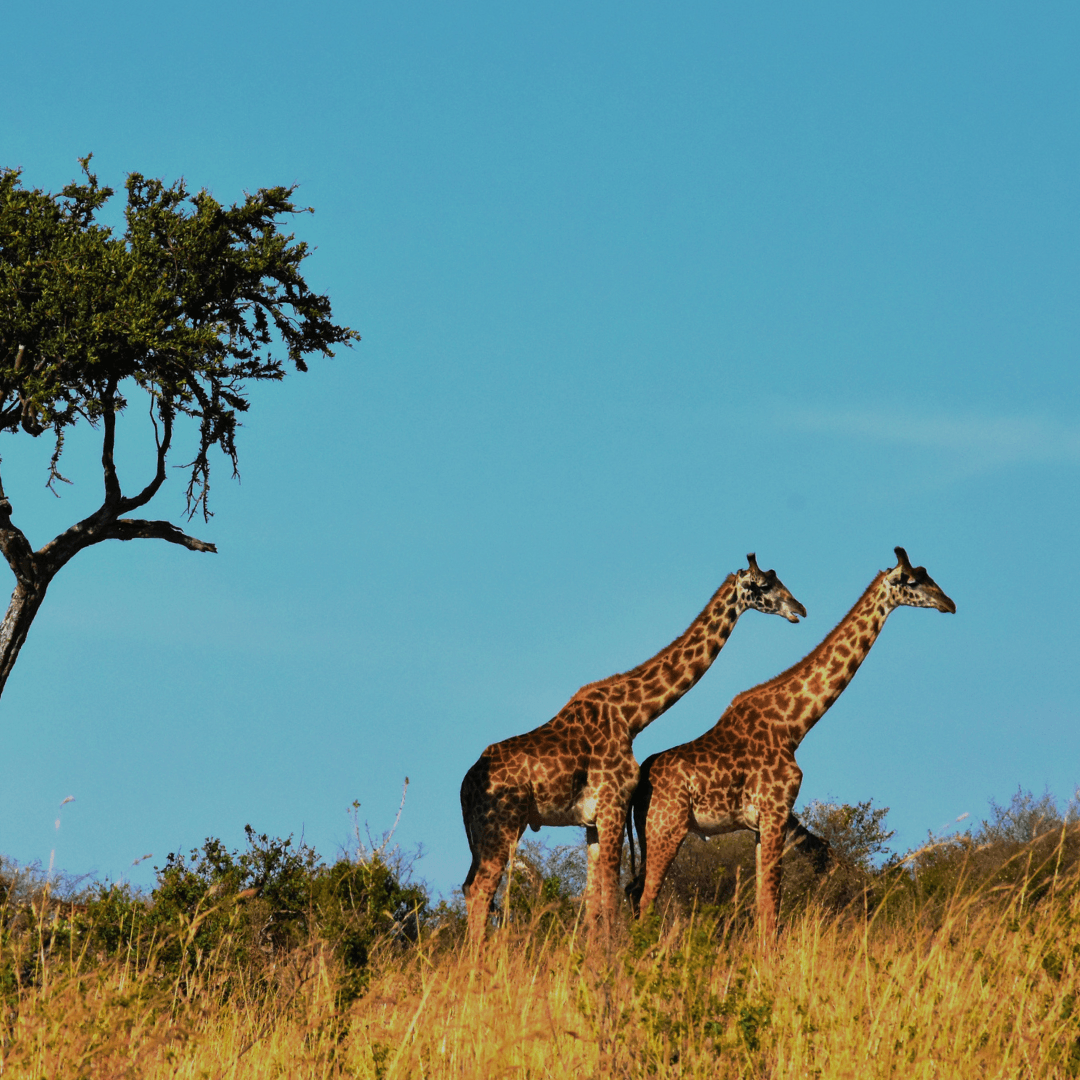
5. Wildlife Reserves Contribute To A Country's Economics
Wildlife also contributes significantly to the country's economic development. Wildlife reserves and forests significantly contribute to foreign exchange inflow, increasing the country's GDP.
They invite tourists worldwide to witness endemic and rare species through their offerings for game safaris and birding tours. Wildlife reserves and forests significantly contribute to foreign exchange inflow, increasing the country's GDP.
Many additional activities, such as trekking, fishing, and river rafting, necessitate government permits and licenses, the cost of which is deducted from the government's account.
That is not all; the expense of tourist travel, local transit, food, lodging, and sightseeing all contribute in some way to the country's economy. Seasonal job prospects for locals expand dramatically due to the influx of tourists, contributing to increased GDP.
For this reason, many governments are now pushing wildlife tourism, even if it means importing flora and fauna from countries rich in these resources to create artificial habitats.
Singapore is an excellent example of a government that has taken several significant and innovative initiatives to create and maintain wildlife to encourage tourism in the country.
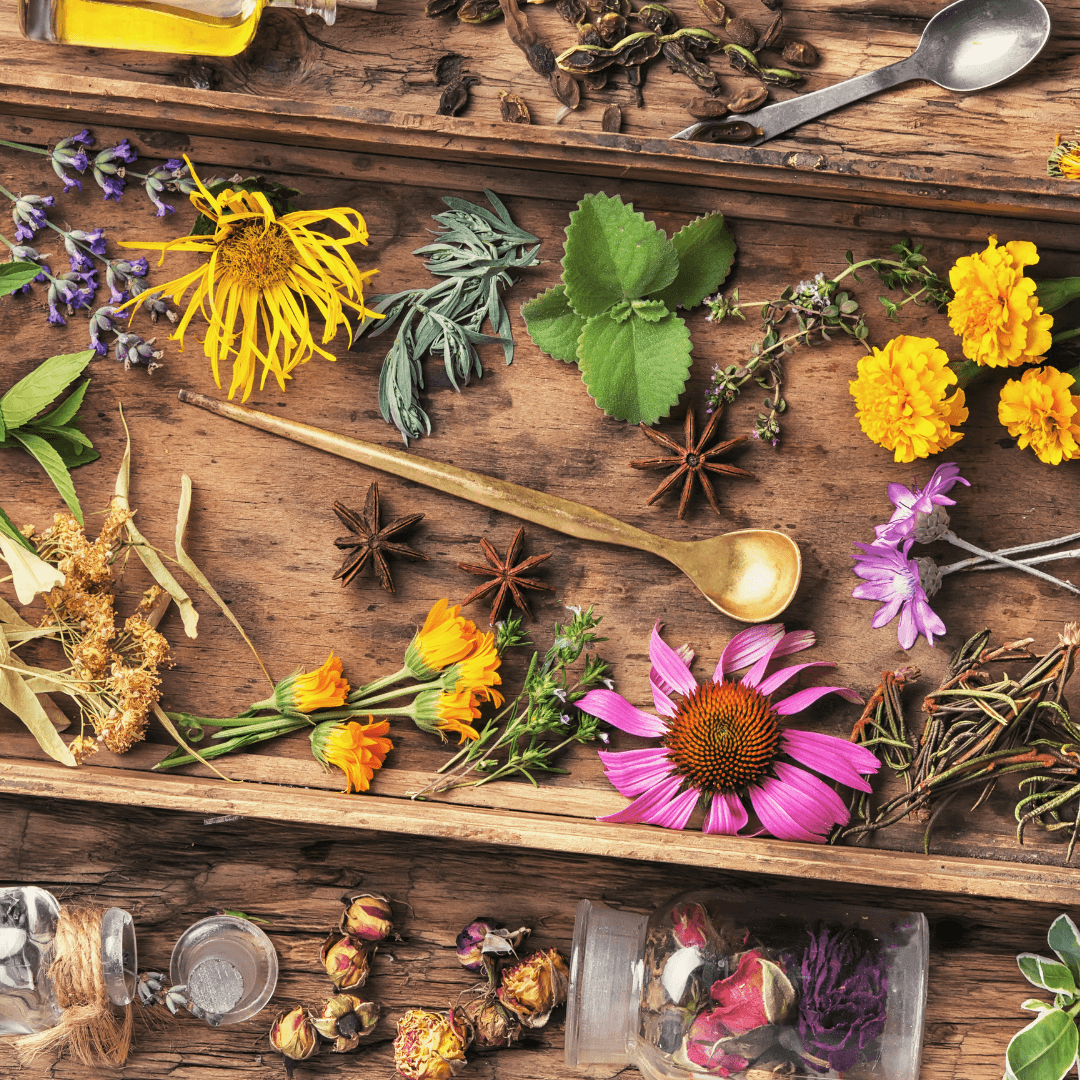
6. The Medical Cabinet Of Nature
Natural chemicals have been a component of human civilization since our forefathers first used them to better and enrich their own lives.
They continue to supply necessary information to academics and medical practitioners today, with important consequences for medical science.
Amphibians are particularly important in modern medicine, with chemicals isolated from frogs being used to treat depression, epilepsy, strokes, and memory loss on their own.
Animals also provide us with various novel compounds, such as “frog glue,” a flexible adhesive derived from the glands of Australian holy cross frog species and used to treat human knee injuries.
Lanolin and Vitamin D3 are derived from sheep's wool, and Premarin, a menopausal treatment, is derived from a mare's urine.
7. Heritage And Culture Are Preserved
Conservation of wildlife also entails the preservation of heritage and traditional culture.
Because certain regions are known for their flora and fauna with local traditions and ways of life, neglecting to maintain the environment will result in losing their land and native history.
Large herbivores like elephants and giraffes and big cats like lions, leopards, and cheetahs are commonly associated with African safaris, which have recently been nicknamed “magical Africa.”
Another example is the “Serengeti Plain” habitat, home to thousands of wild animals migrating.
8. Wildlife Improves Soil's Health And Fertility
By boosting soil nutrients, wild animals play an essential role in improving the health and fertility of the soil. Their feces and urine restore the soil's nutrient content by supplying it with enhancing minerals.
Wildlife with a wide range of habitats can help transfer nutrients around — for example, hippos grazing on grasslands at night send nutrients back to the river through their feces, enhancing fish productivity.
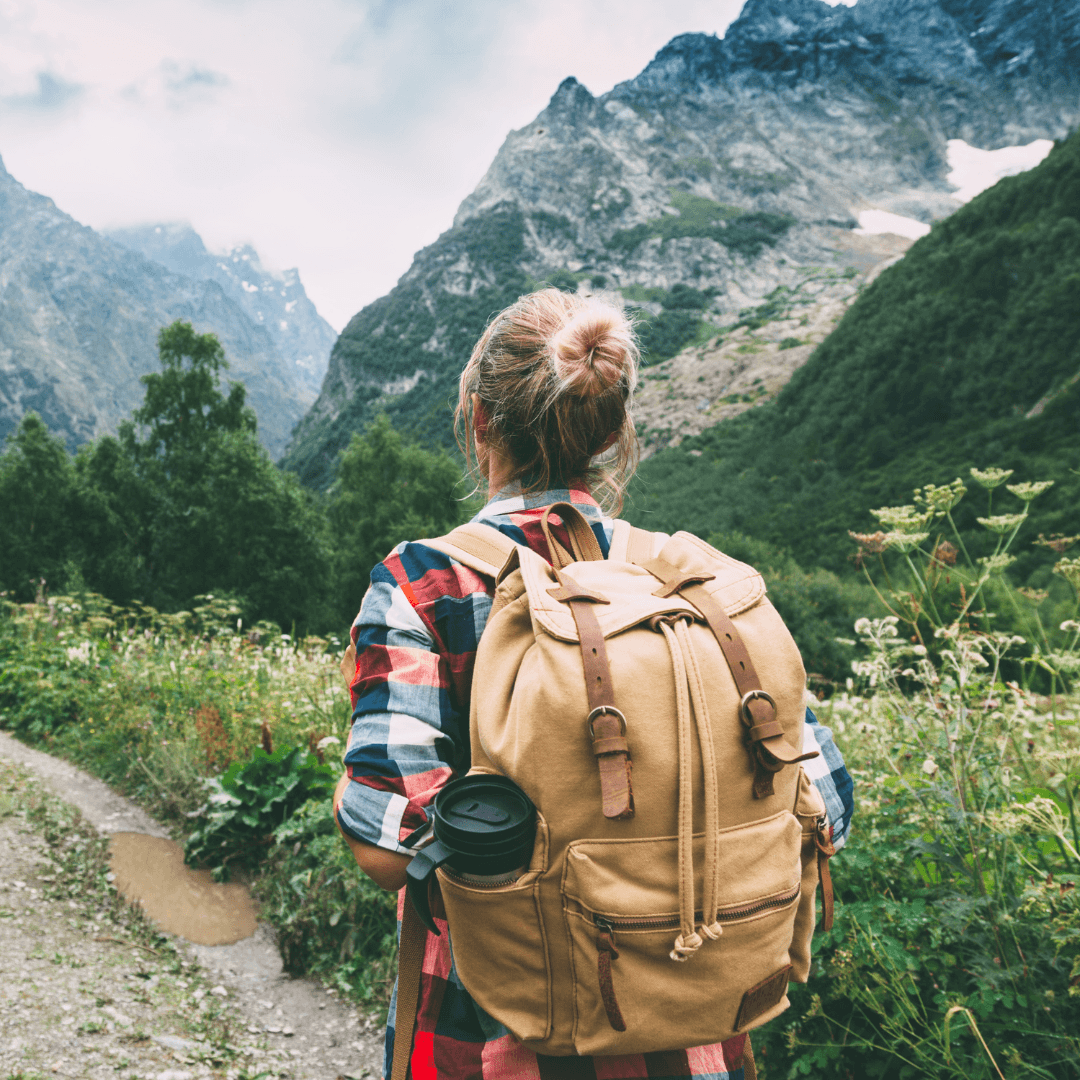
9. Wildlife Attracts Tourists
The fauna and flora of a country, as well as natural environments such as woods, mountains, and water bodies, are the primary reasons why most people choose to visit that country over others.
The Amazon and nations like Tanzania, Costa Rica, Kenya, Brazil, Thailand, and South Africa attract many tourists because of their abundance of exotic animals. Tourists tend to choose sites where they will view many natural species.
Ways To Save Animal Lives
1. Go Vegan To Save Animal Lives
Going vegan is a powerful way to save animal lives by reducing the demand for meat, dairy, and other animal products. By choosing plant-based foods, you contribute to the end of factory farming, where countless animals suffer daily.
Your dietary choices can help create a more compassionate world where animals are valued and spared from harm.
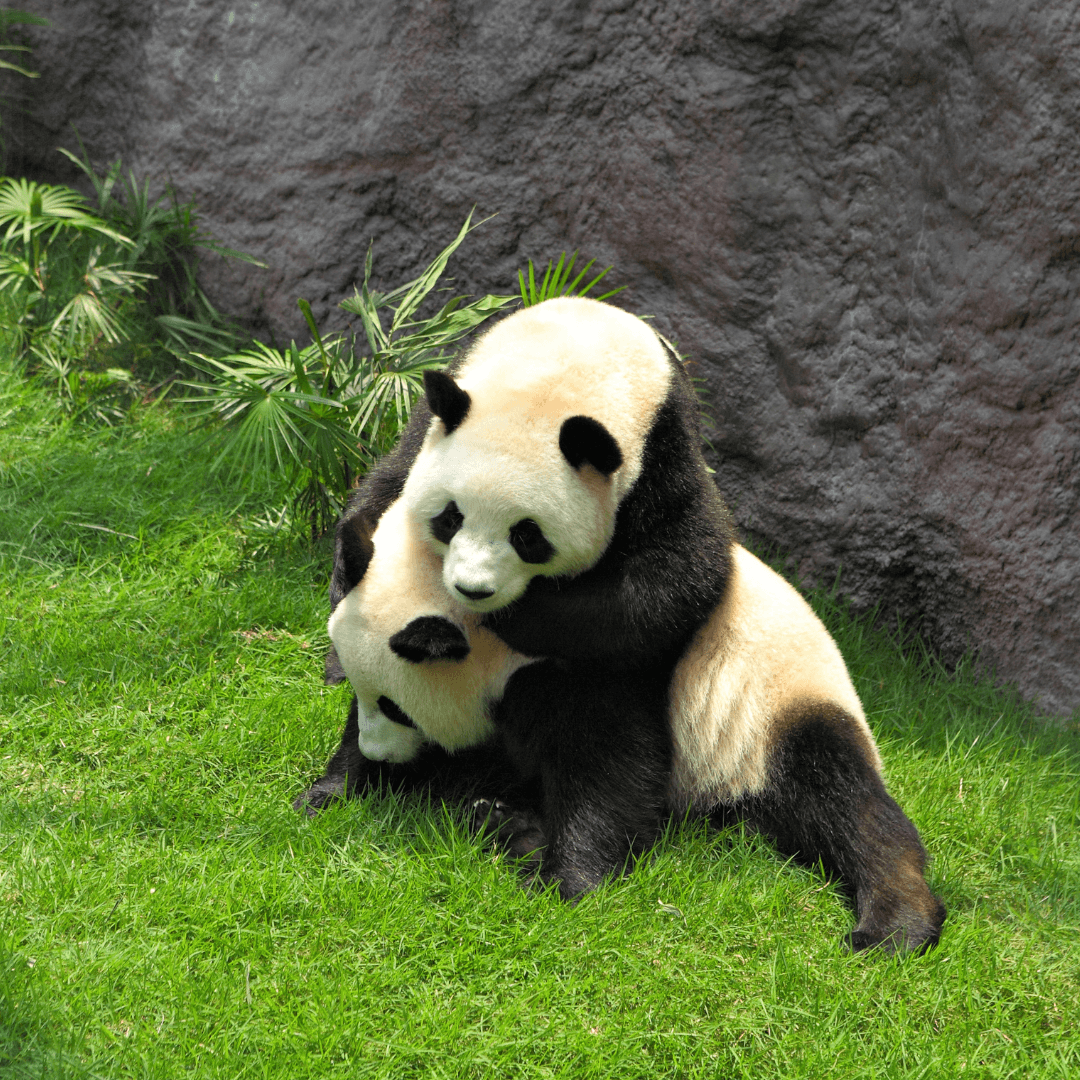
2. Support Wildlife Groups
Supporting wildlife groups is crucial for protecting endangered species and preserving natural habitats. These organizations work tirelessly to combat poaching, deforestation, and habitat loss.
By donating, volunteering, or raising awareness, you can help wildlife organizations continue their essential work to save animal lives and preserve biodiversity for future generations.
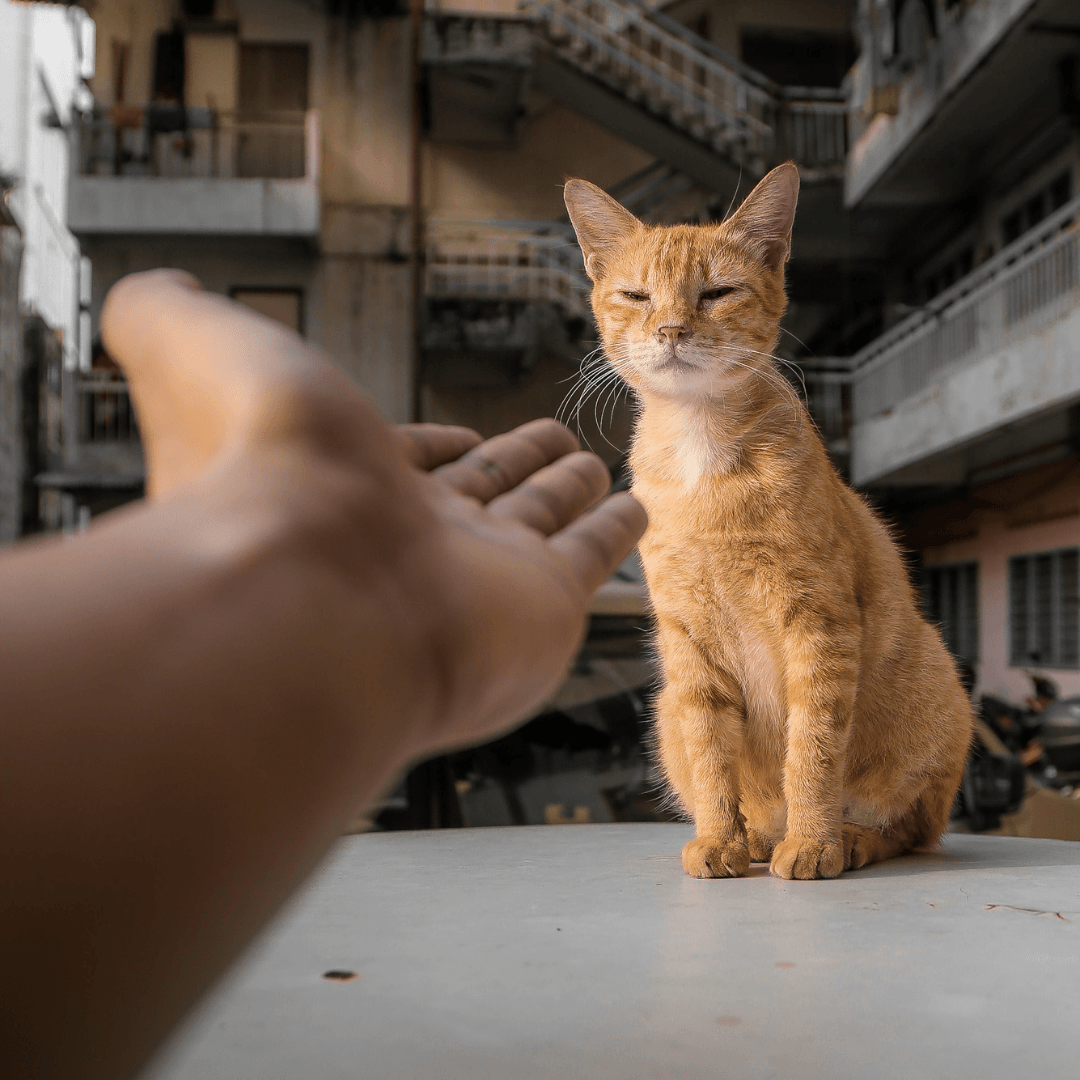
3. Help Stray Animals
Helping stray animals is a compassionate way to save lives. You can provide food, water, and shelter to strays in your community or support local animal rescues.
You may significantly contribute to the reduction of overcrowding and the avoidance of more animals suffering on the streets by spaying and neutering stray cats and dogs. Small deeds of compassion can have a significant impact on the lives of these defenseless animals.
4. Report Cruelty To Animals
Reporting animal cruelty is a critical step in saving animal lives. If you witness abuse or neglect, contact local authorities or animal welfare organizations immediately.
Your action can stop the suffering and lead to the rescue and rehabilitation of the animal. Speaking up, you help hold perpetrators accountable and contribute to a safer, more humane world for animals.
5. Become A Volunteer At An Animal Shelter
Becoming a volunteer at an animal shelter is a meaningful way to save animal lives. Shelters rely on volunteers to care for animals, provide companionship, and assist with adoptions.
Animals in need can benefit greatly from your time and compassion, increasing their chances of finding a loving home and a happier future.
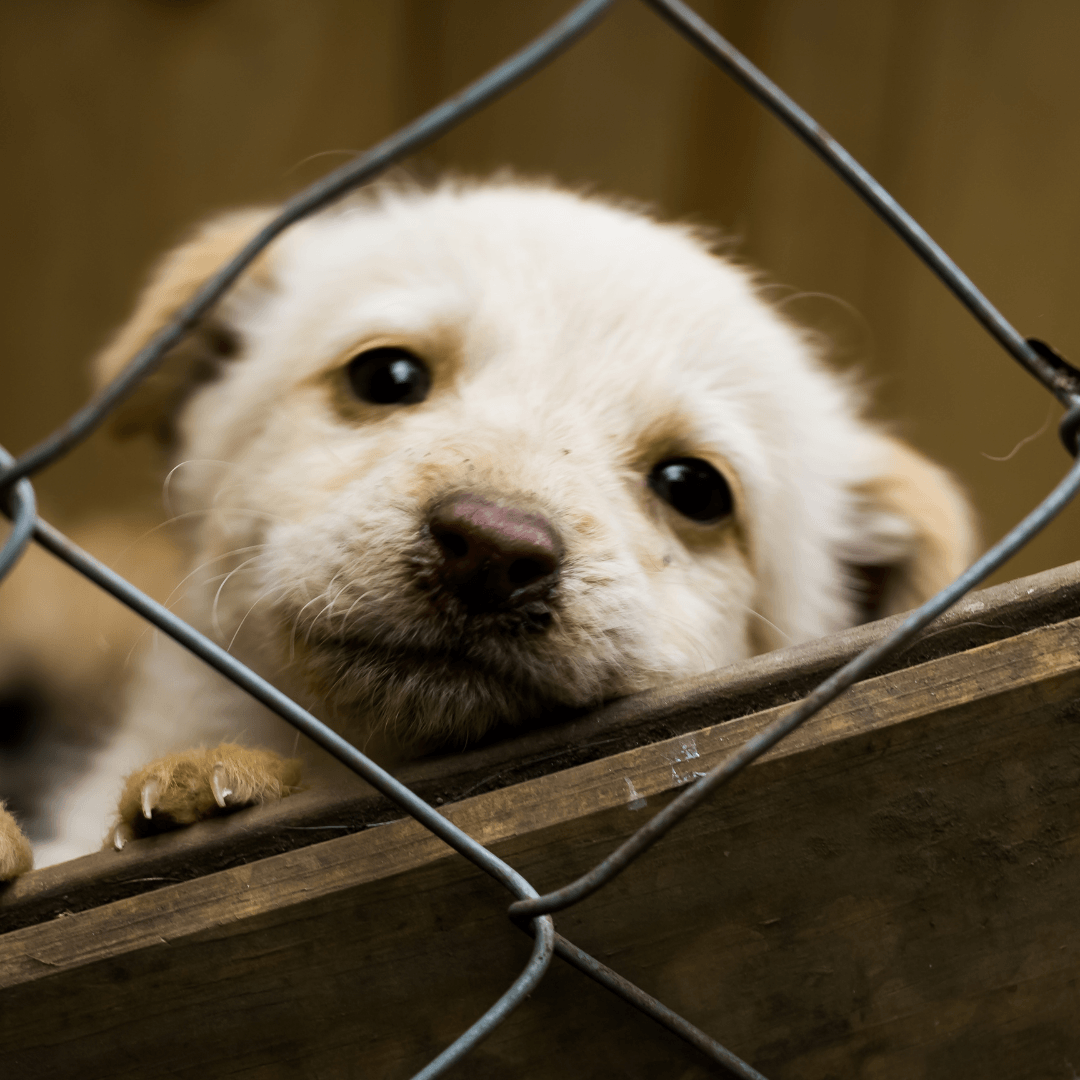
6. Make A Donation To Your Local Animal Shelter
Donating to your local animal shelter is a direct way to save animal lives. Shelters provide food, medical attention, and secure lodging for animals in need through donations.
Your contribution, no matter the size, helps improve the lives of these animals and supports their journey to finding loving, forever homes.
7. Make Your Home A Wildlife-Friendly Environment
To avoid bringing wild animals into your home, secure rubbish in shelters or cans with locking lids, feed pets indoors and lock pet entrances at night.
Reduce the water you use in your house and yard so that animals who live near or in water have a greater chance of surviving. To prevent illness transmission, disinfect birdbaths regularly. To avoid crashes of birds, use stickers on windows.
Millions of birds die every year as a result of collisions with windows. You may help reduce the number of collisions by simply putting decals on the windows of your home and office.
8. Spay And Neuter Your Pets
To safeguard the lives of animals, spaying and neutering your pets is essential. It helps prevent overpopulation, reducing the number of animals that end up in shelters or face homelessness.
By ensuring your pets are spayed or neutered, you contribute to their health and well-being and support the broader effort to reduce animal suffering and improve their quality of life.
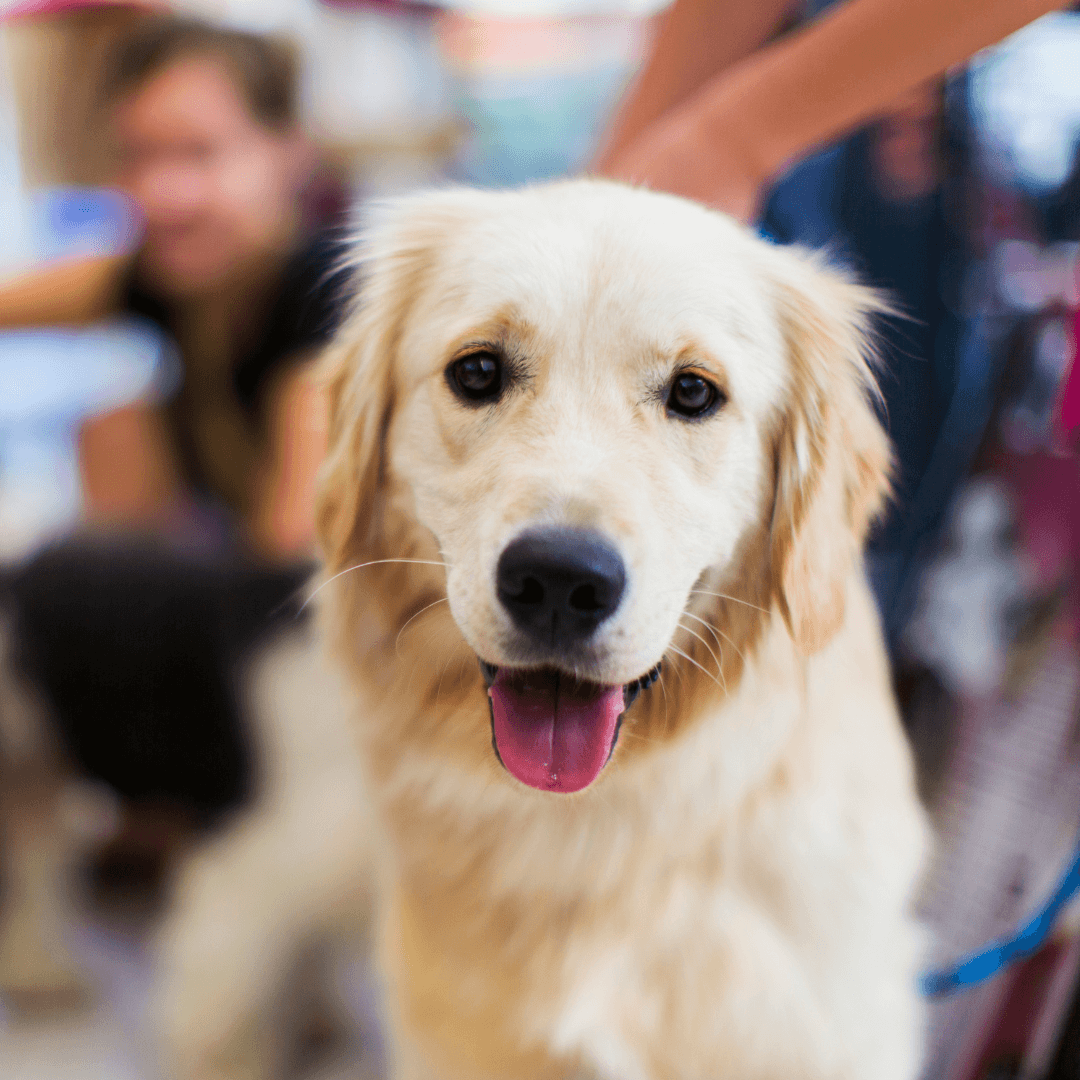
9. Never Purchase A Pet From A Pet Store
Avoiding the purchase of pets from pet stores is a vital way to save animal lives. Many pet stores source animals from unethical breeders or mills where animals suffer from poor conditions.
Instead, adopt pets from shelters or rescue organizations, giving animals in need a chance at a loving home and helping to reduce demand for problematic breeding practices.
10. Giving An Animal As A Present Is Never A Good Idea
Giving an animal as a present is never a good idea when considering ways to save animal lives. Pets require long-term commitment, care, and attention, which the recipient may not fully understand.
Instead, support adoption and educate others about responsible pet ownership. Ensuring pets are chosen thoughtfully and prepared for a lifetime of care is essential for their well-being.
11. Give Your Dogs Some Exercise
Frequent exercise is crucial for your dog's health and happiness, making it a significant method of animal rescue. Daily walks, playtime, and engaging activities help prevent obesity, improve mental health, and strengthen your bond.
Providing your dog with ample exercise contributes to their overall happiness and longevity, enhancing their quality of life and promoting a healthier lifestyle.
12. Keep The Animals Protected
Protecting animals is crucial to saving their lives. Ensure your pets have proper shelter, vaccinations, and preventive care to safeguard their health.
For wildlife, support habitat conservation and reduce exposure to pollutants and traffic. By taking proactive steps to protect animals from harm, you contribute to their safety and overall well-being.

13. Use Natural And Non-Toxic Cleaners
Using natural and toxic-free cleaners is a simple yet impactful way to save animal lives. Conventional cleaners can contain harmful chemicals that pose risks to pets and wildlife.
By choosing eco-friendly products, you reduce exposure to toxic substances, promoting a healthier environment for animals. Their safety and wellbeing can be greatly enhanced by making this tiny adjustment to your cleaning schedule.
14. Keep Cats Indoors
Keeping cats indoors is a key strategy to save animal lives. Indoor environments shield cats from traffic, predators, and disease while sparing local wildlife from hunting.
Create a stimulating indoor space with interactive toys and cozy spots to keep them engaged. This simple adjustment not only protects your feline friend but also supports the delicate balance of local ecosystems.
15. Consider A Plant-Based Diet To Save Animal Lives
Switching to a plant-based diet is one effective strategy to save animal life. Selecting plant-based diets helps stop the suffering and exploitation of animals in industrial farms by lowering your consumption of meat and dairy products.
Your food choices can significantly improve countless animals' lives and foster a more compassionate society.
16. Consider Alternatives To Cow's Milk
Considering alternatives to cow's milk is an effective way to save animal lives. Plant-based milks like almond, soy, and oat reduce the demand for dairy, which often involves harsh practices in factory farming.
By choosing these alternatives, you support animal welfare and contribute to a more ethical and sustainable food system, benefiting both animals and the environment.
17. Recycle And Buy Environmentally Friendly Products
To help forest species, buy recycled paper, sustainable materials like bamboo, and Forest Stewardship Council wood products.
Never purchase furniture manufactured from rainforest wood. Recycle cell phones because a mineral used in cell phones and other electronics is mined in gorilla habitats.
Reduce your use of palm oil since tigers' natural habitats are being razed to make way for palm plantations.

18. Choose Cruelty-Free Products
Animals should not be blinded, poisoned, or burned simply because we use certain soaps, shampoos, or lip balms.
However, these tasks are frequently done in labs around the country. By purchasing and using only vegan and animal–test–free items, your family can make a statement against animal testing.
Search for the PETA cruelty-free bunny logo on a product's packaging. You can also urge your parent or guardian to explore PETA's online database of firms that do not test on animals for animal-friendly brands to support.
19. Animals In Entertainment Should Not Be Supported
Animals prefer to be in their natural environment rather than entertain us. Those animals who work in movies, circuses, and roadside zoos are typically unable to spend time with their families, graze, or explore, all of which they like.
Never go to a roadside zoo or a circus that utilizes animals to support this evil.
20. Find Out About Threatened And Endangered Species In Your Region
Teach your friends and family about the fantastic wildlife, birds, fish, and plants that may be found in your area. Learning about how fascinating and vital endangered animals are is the first step toward protecting them.
Clean air and water, food and pharmaceutical sources, as well as commercial, aesthetic, and recreational benefits, are all provided by our natural world.
21. Plant Trees For A Healthy Environment
Trees recycle oxygen, releasing it back into the atmosphere for us to breathe while also absorbing potentially dangerous pollutants.
They also contribute to the creation of a robust global ecology. We may aid this process by planting trees. They provide permanent and seasonal shelters and food for various insects and animals. Even a tiny garden may make a big difference. Insect and animal life are nourished by plant life.
Just make sure to choose plants that are natural to your area. Those that have evolved in your area have been relied upon by wildlife for millennia.
22. When Driving, Take It Slowly
Many animals reside in urban environments, which means they must navigate a landscape littered with human dangers.
Roads are a significant obstacle for wildlife living in urban areas. Roads separate habitats and constantly threaten animals seeking to cross from one side to the other. Slow down and watch for animals when you're out and about.
23. Make Water Easily Accessible
There are a lot of wild animals that don't always have access to water. These animals can easily locate food while their ecosystem is preserved.
Nonetheless, these animals frequently travel great distances for food or partners.
You can help children discover safe water to drink only by giving them access to a water source and watching it frequently. Water sources can be as basic as a birdbath or as large as a massive water source used to feed larger animals.
A heating device can prevent the water from freezing if you reside in a cold region of North America.
In our backyard, there is a sizable pond that is home to goldfish.
We install a pond de-icer or heater to keep some of the pond open throughout our chilly winters. As a result, fish can survive, and animals can reach water. Deer, squirrels, wild turkeys, and birds use our water hole.
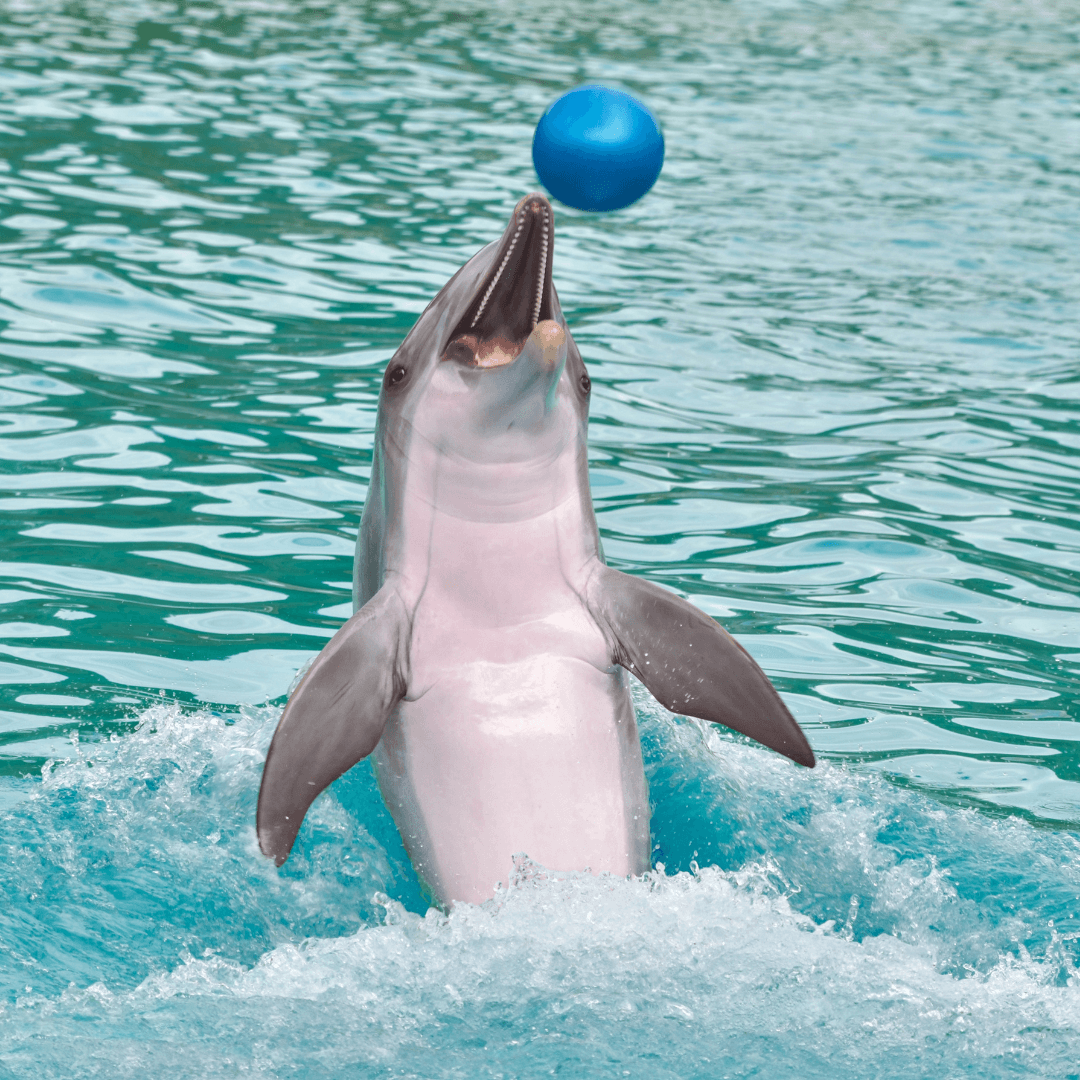
24. Boycott Marine Theme Parks
The inability to use their sonar, find a mate, get away from the crowds, or migrate hundreds of miles with their families causes captive sea creatures to die of pneumonia, ulcers, and other stress-related illnesses.
Although orcas and wild dolphins can live up to 90 years and 40 years, respectively, captive dolphins seldom survive into puberty.
The Cove is a fantastic and horrifying documentary about how dolphins are captured for theme parks. Your life could be completely changed by it.
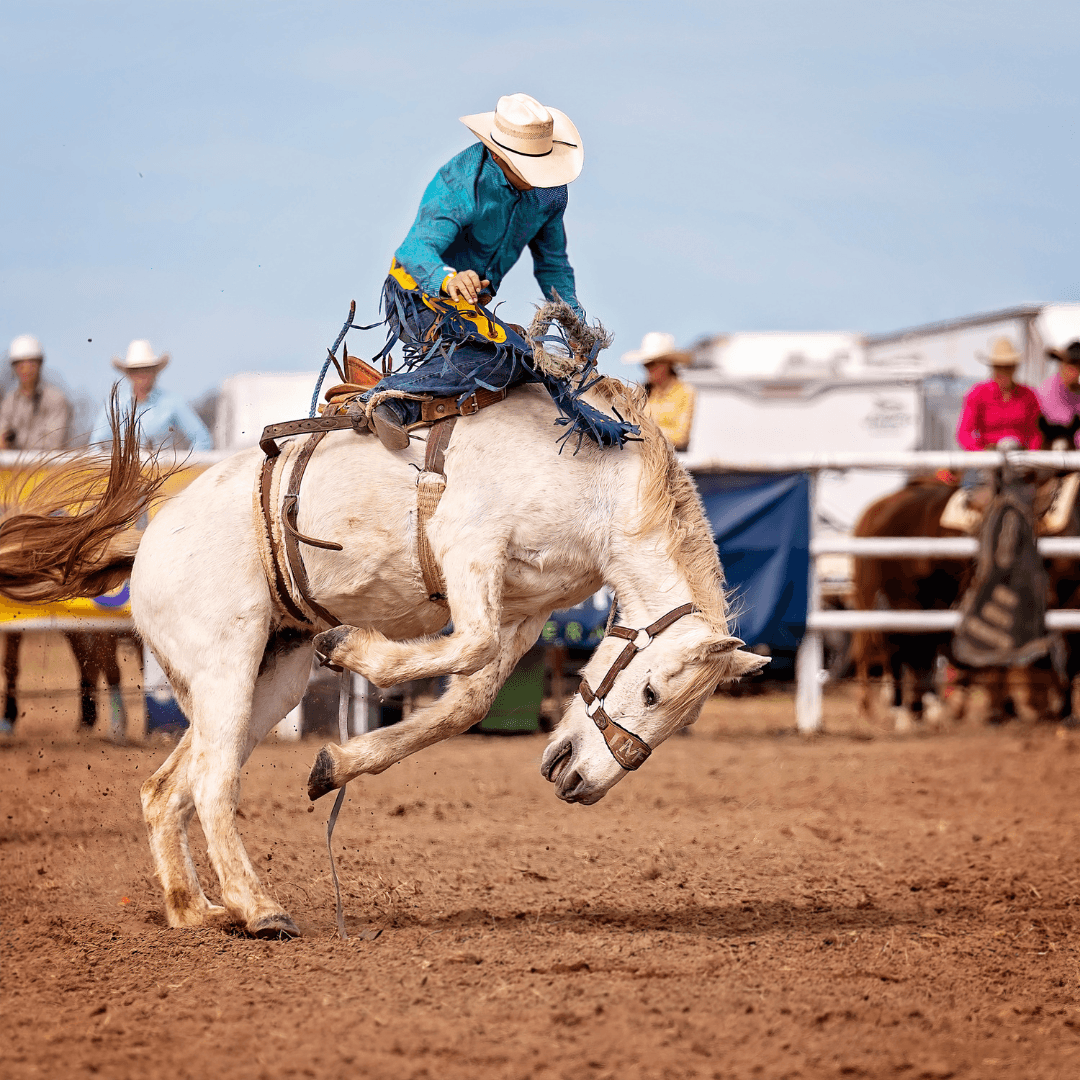
25. Boycott Rodeos
One effective way to safeguard the lives of animals is to boycott rodeos. Animals are frequently kept in stressful and unpleasant situations for entertainment purposes at rodeos.
You may oppose animal abuse and promote the welfare of animals by declining to attend these activities. Take pleasure in cruelty-free entertainment options and try to ensure that animals are treated with the decency and respect they deserve.
26. Bullfighting Needs To Be Stopped
The bullfight is a brutal demonstration of human power that masquerades as a combat to the death in which the matador or the bull may perish.
In reality, the bull's chances of winning are slim. The wounded animal receives a stabbing to the side before being put into the arena, where he will be continually stabbed till he dies horribly after being tortured until he loses all control.
27. Create A Wildlife Refuge To Save Animal Lives
An inspirational method to rescue animal lives is to establish a wildlife refuge. Create a haven for native flora, water supplies, and secure habitats on your land.
Giving animals a safe haven from environmental hazards and urban expansion gives them a chance to flourish. Your own refuge can make a big difference for the local animals by providing a safe space for them to survive.
Conclusion
Remember to share your passion for the environment and animals with your friends, family, neighbours, and the wider world!
I trust you enjoyed this article about the Best Ways To Save Animal Lives. Please stay tuned for more blog posts soon. Take care!
JeannetteZ
>>>Please click here to read my Vegan Travel Guides To World Destinations<<<
>>>Want To Learn How To Create Delicious, Cruelty-Free, Healthy AND 100% Vegan Meals? Try These Awesome Vegan Cooking Courses With A Free 7-DAY MEMBERSHIP<<<
Your Opinion Is Important To Me
Do you have thoughts, ideas, or questions? I would love to hear from you. Please leave me your questions, experiences, and remarks about this article on the Best Ways To Save Animal Lives in the comments section below. You can also email me at Jeannette@LivingTheVeganLifestyle.org.
Disclosure
This post may contain affiliate links. I earn from qualifying purchases as an Amazon Associate and through other affiliate programs. Please read my full disclosure.
Here are links to some of my favourite articles:
7 Great Vegan Pasta Recipes For Your Kids
7 Best Vegan Tofu Recipes For Your Kids
20 Different Vegan Smoothie Recipes For Kids
Best Vegan Restaurants In Biel, Switzerland
10 Vegan Fast Food Recipes For Your Kids















